Tools and Resources
Your hub for the best support, advice and guidance to improve on-farm natural assets, while supporting sustainable and profitable agriculture.
Your hub for the best support, advice and guidance to improve on-farm natural assets, while supporting sustainable and profitable agriculture.
Troubleshooting:
If you’re experiencing problems with our resources or can’t find what you’re looking for, please contact us.
Ordering:
If you’d like to order resources in hard-copy, please check what’s available on our order page.
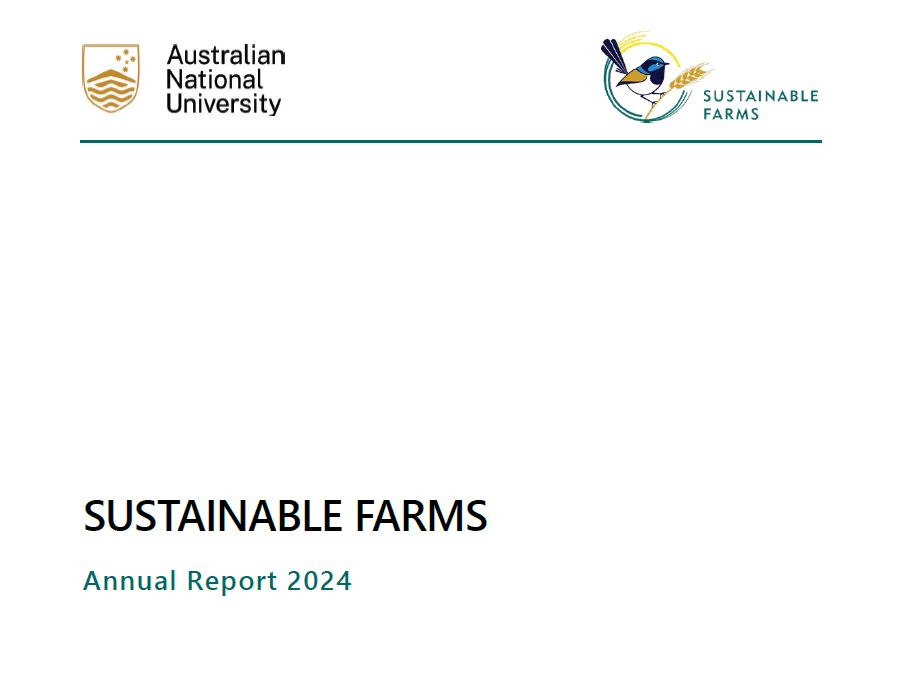
2024 Annual Report for the Australian National University Sustainable Farms initiative.
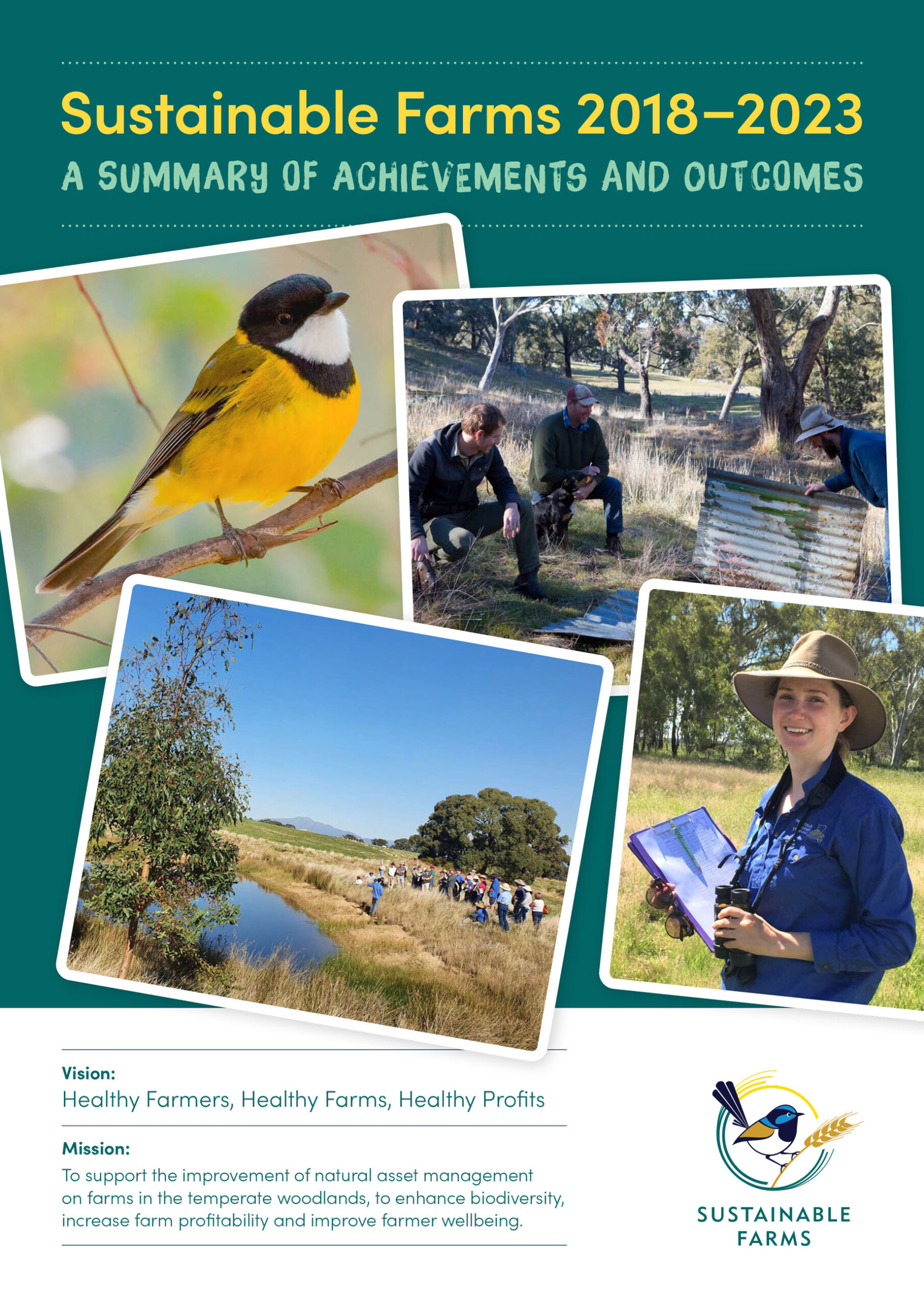
A snapshot of the achievements and outcomes of the Australian National University Sustainable Farms initiative from 2018-2023
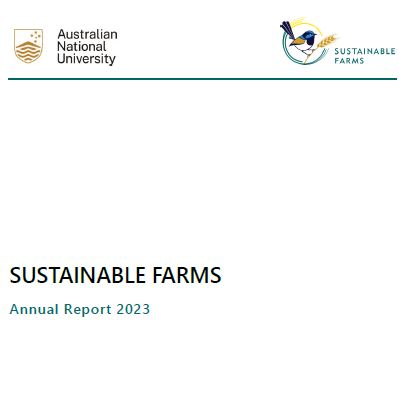
2023 Annual Report for the Australian National University Sustainable Farms initiative.
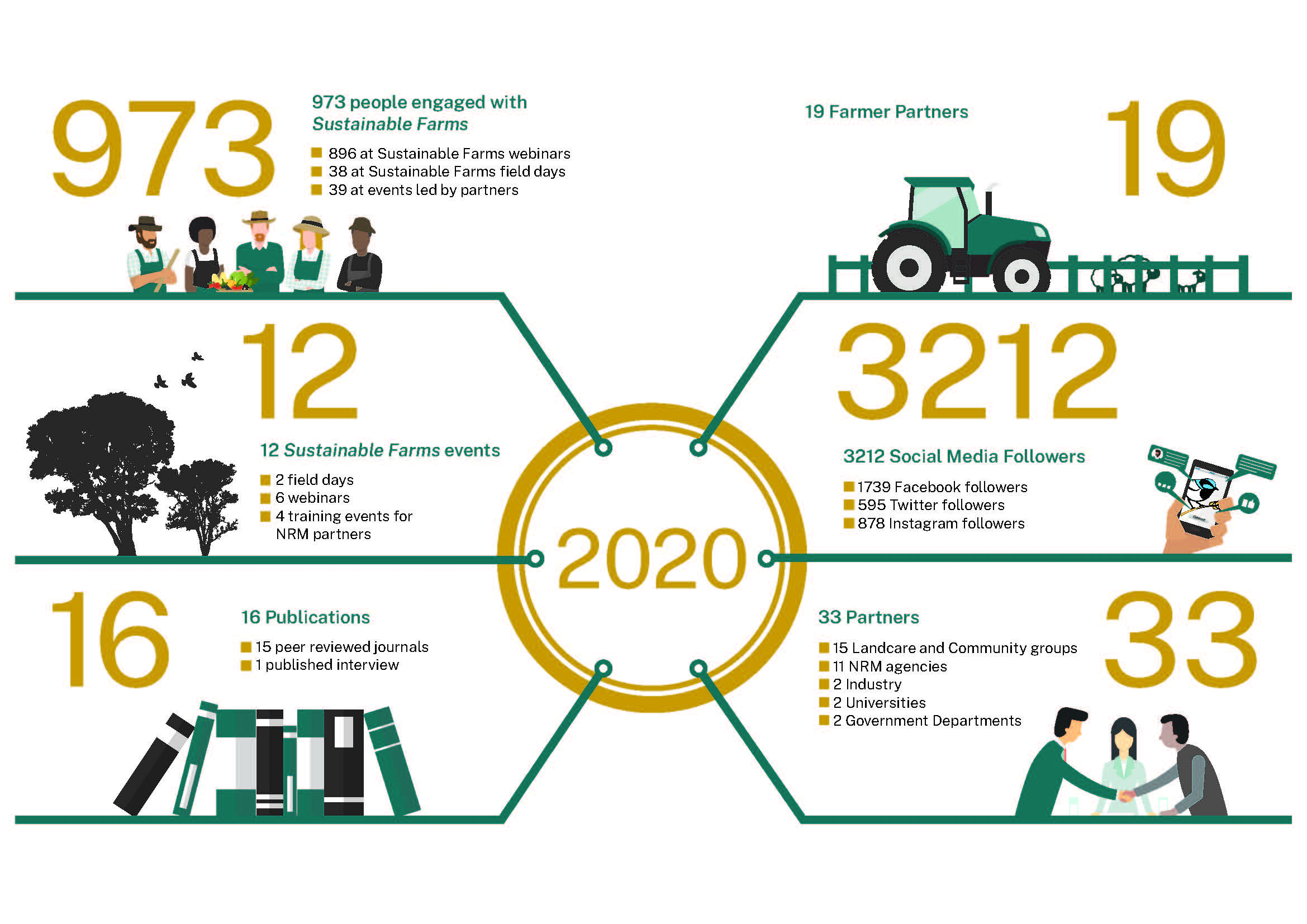
An account of Sustainable Farms 2022 performance against key performance indicators
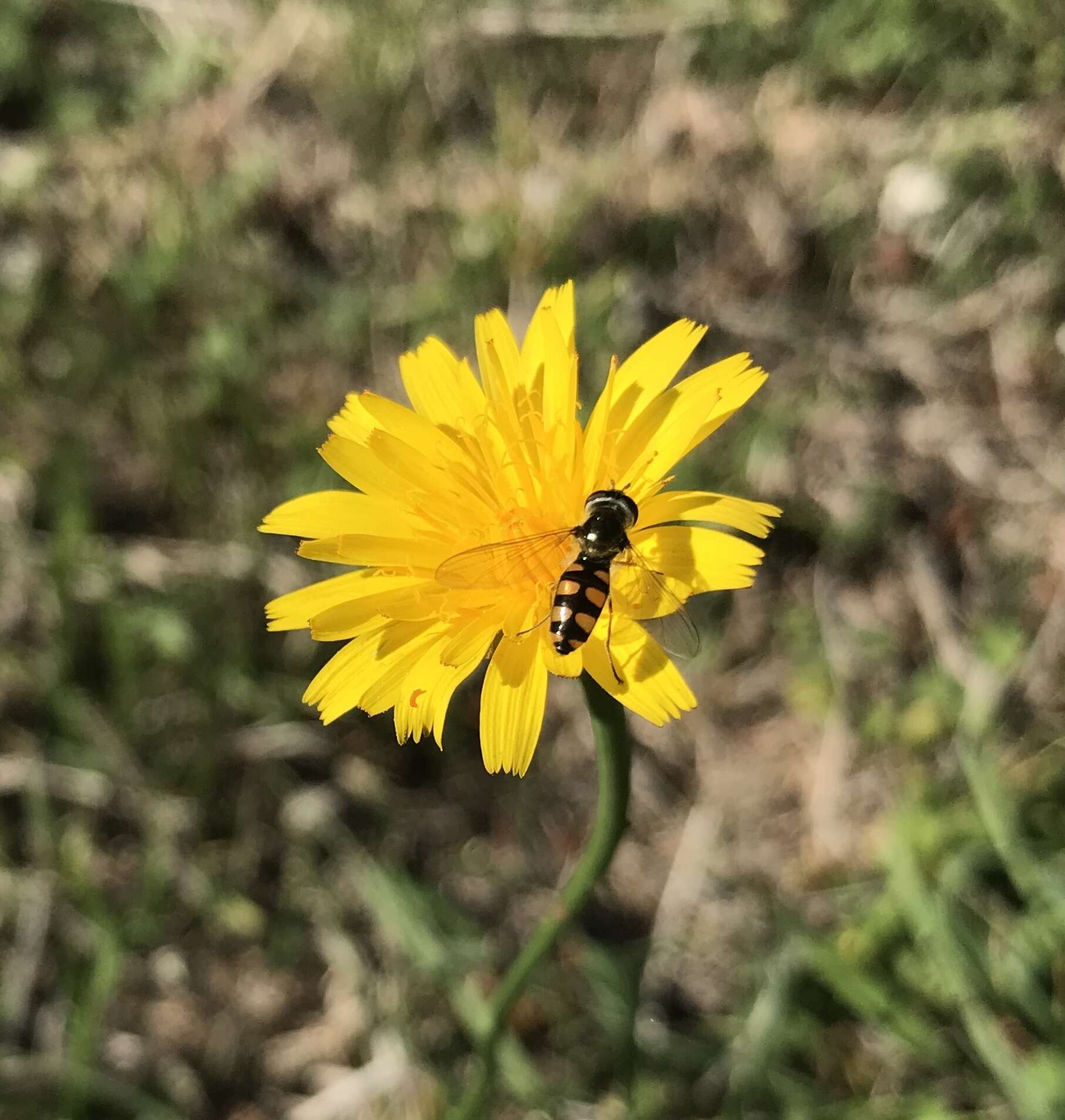
This report provides a summary of Sustainable Farms’ Mental Health Research program and findings.

Report by Sustainable Farms produced for Meat and Livestock Australia

An account of Sustainable Farms 2020 performance against key performance indicators
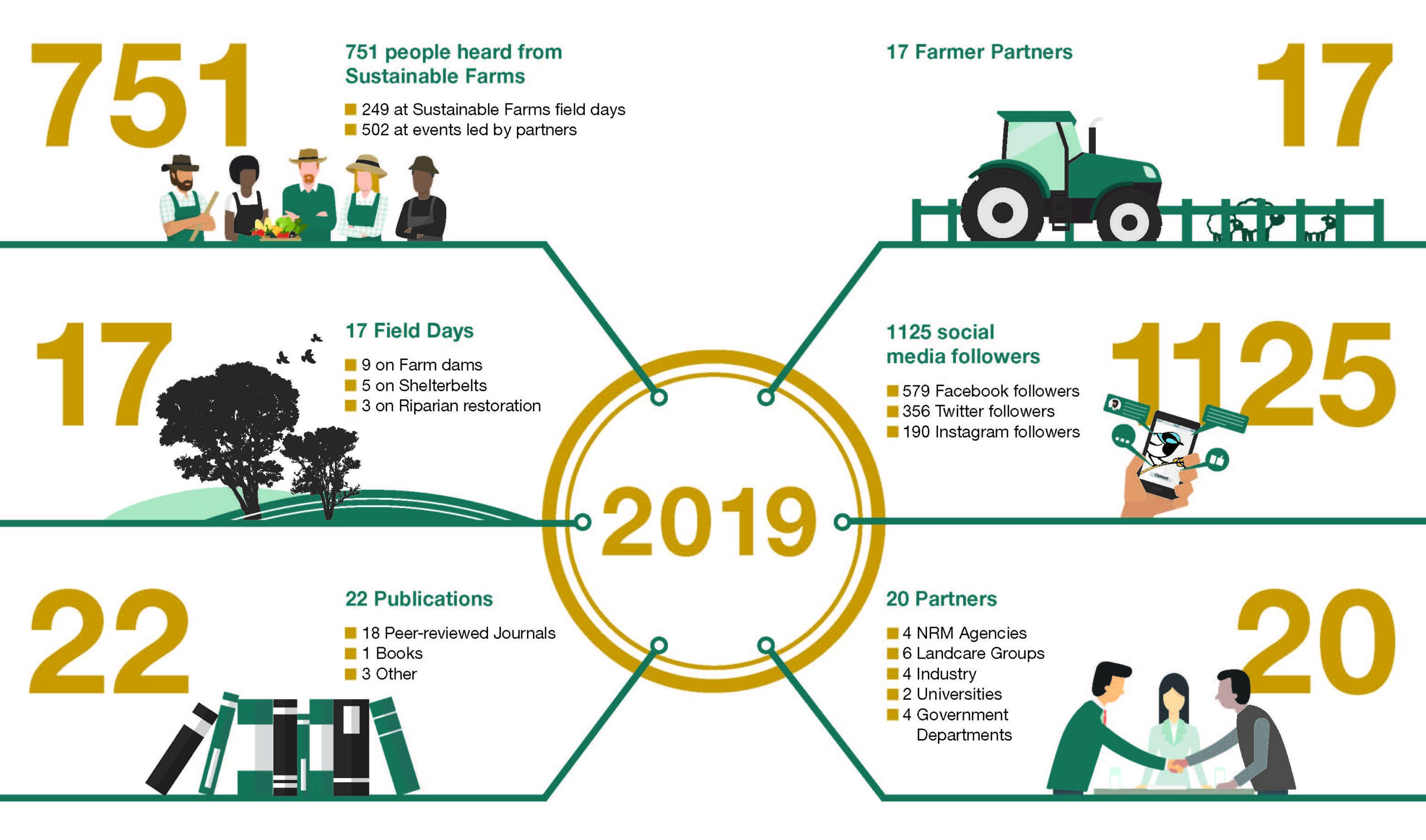
An account of Sustainable Farms 2019 performance against key performance indicators
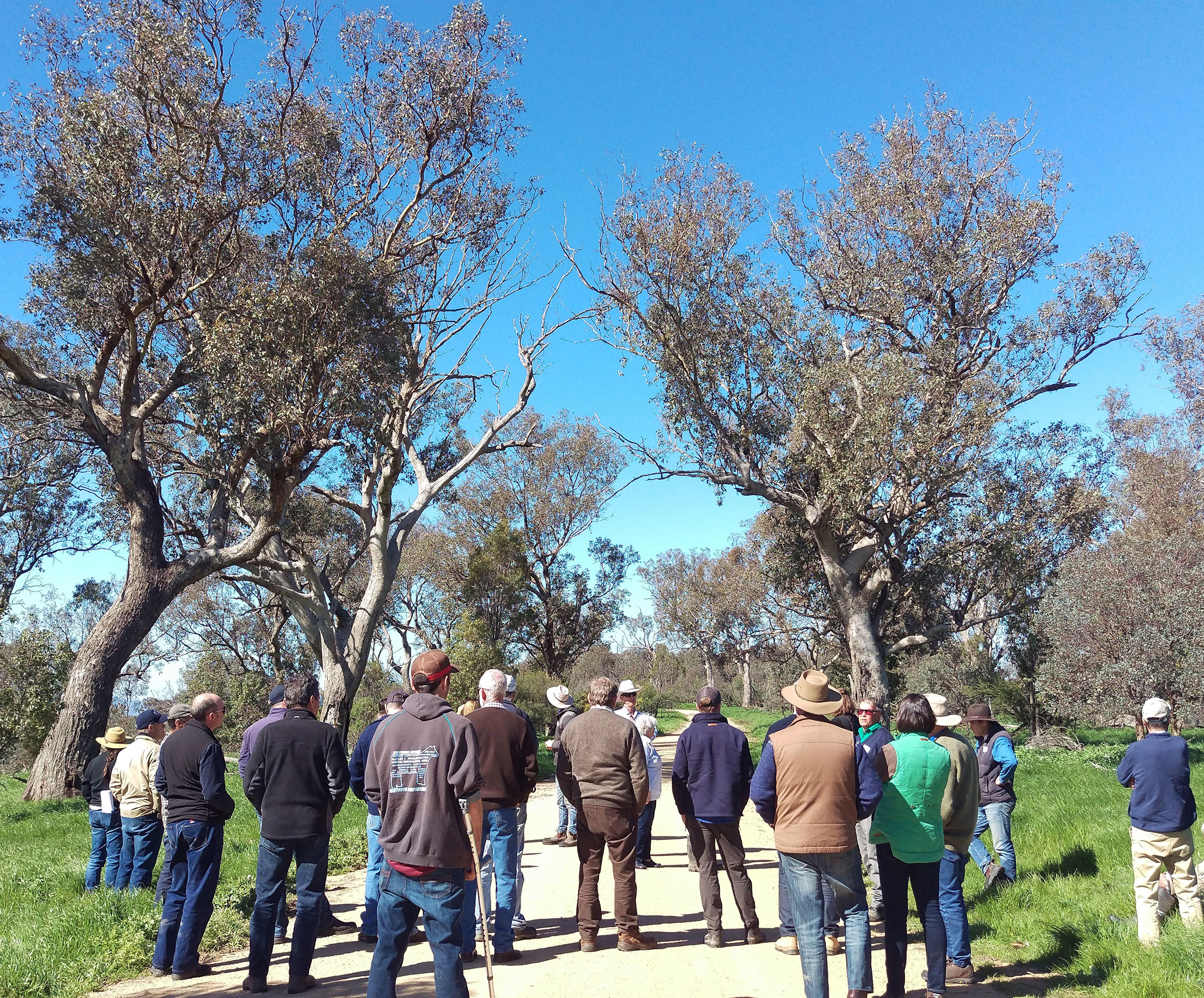
This report provides a baseline snapshot of farmers within the Sustainable Farms project area to enable measurement of progress and ultimately the long-term impact of the initiative.
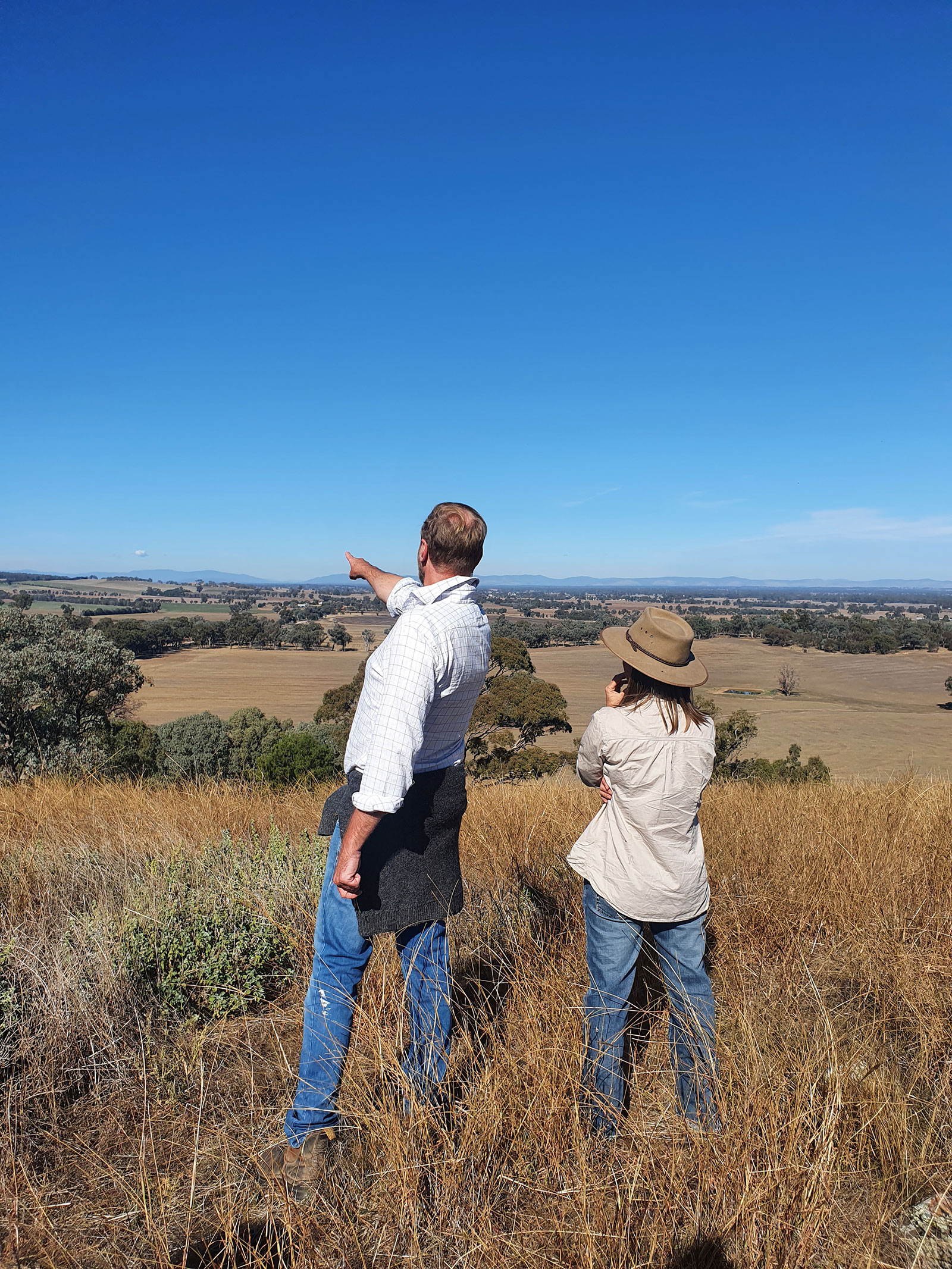
A report commissioned by Central Tablelands LLS outlining a methodology for measuring practice change.
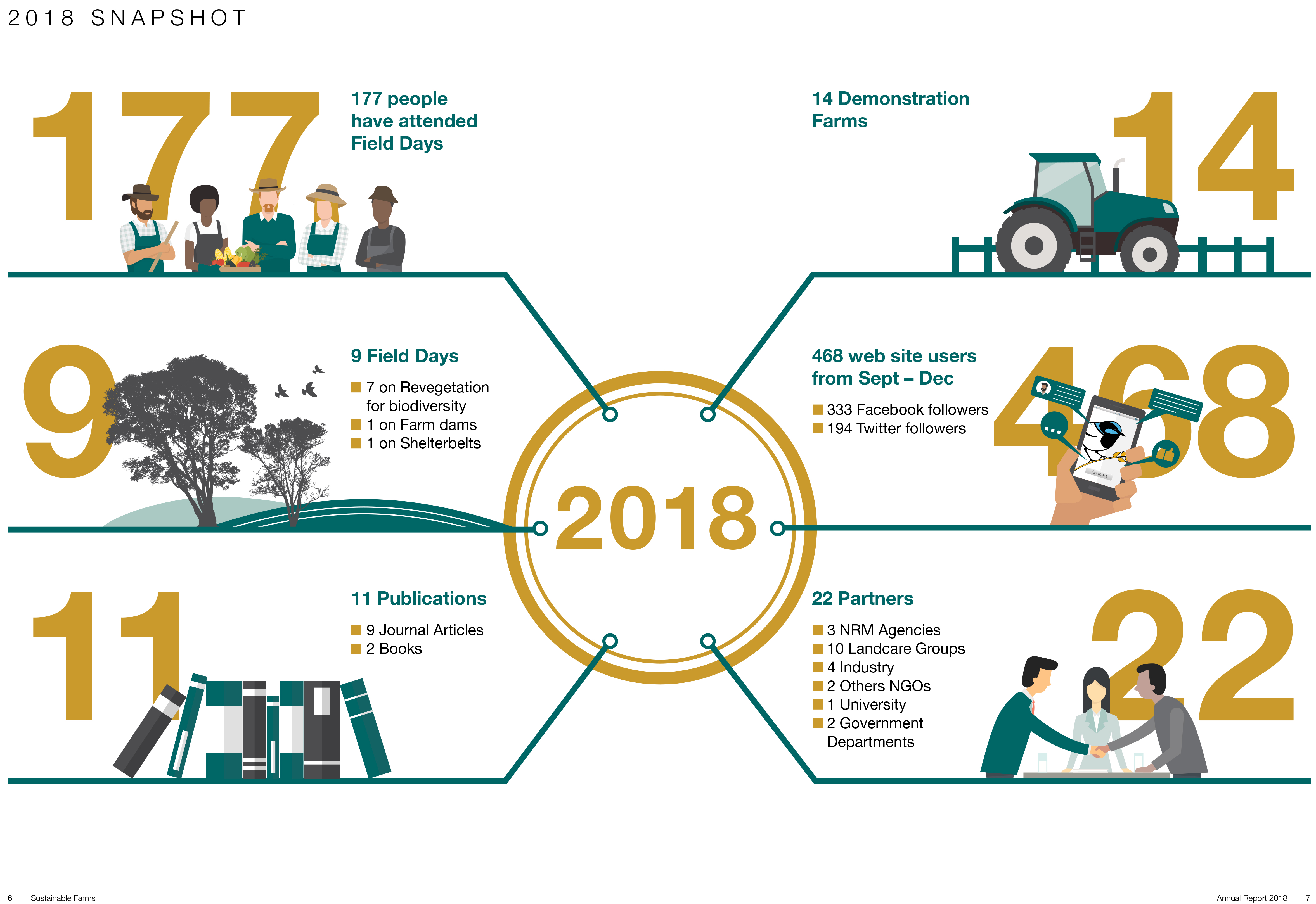
An account of Sustainable Farms 2018 performance against key performance indicators